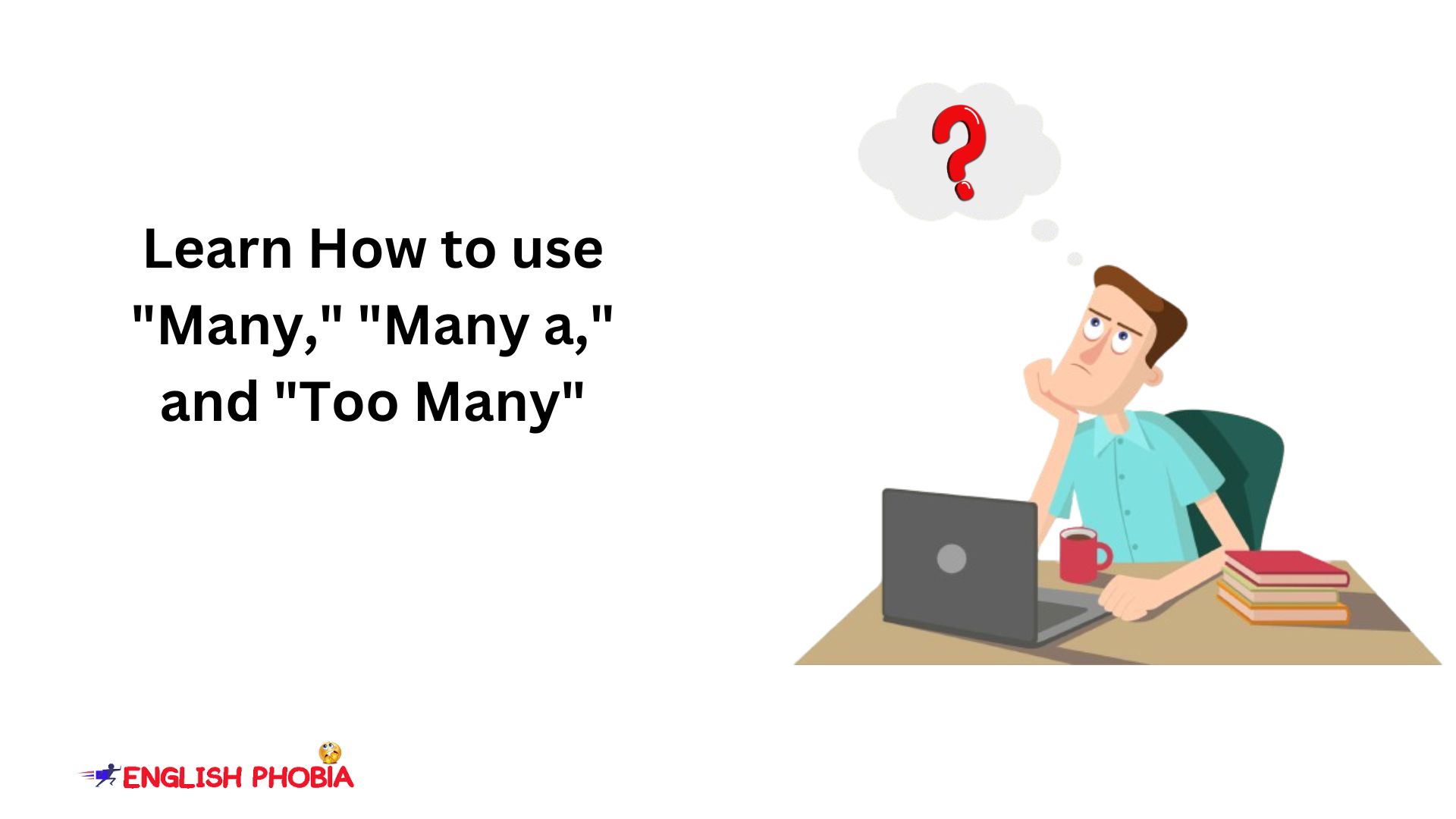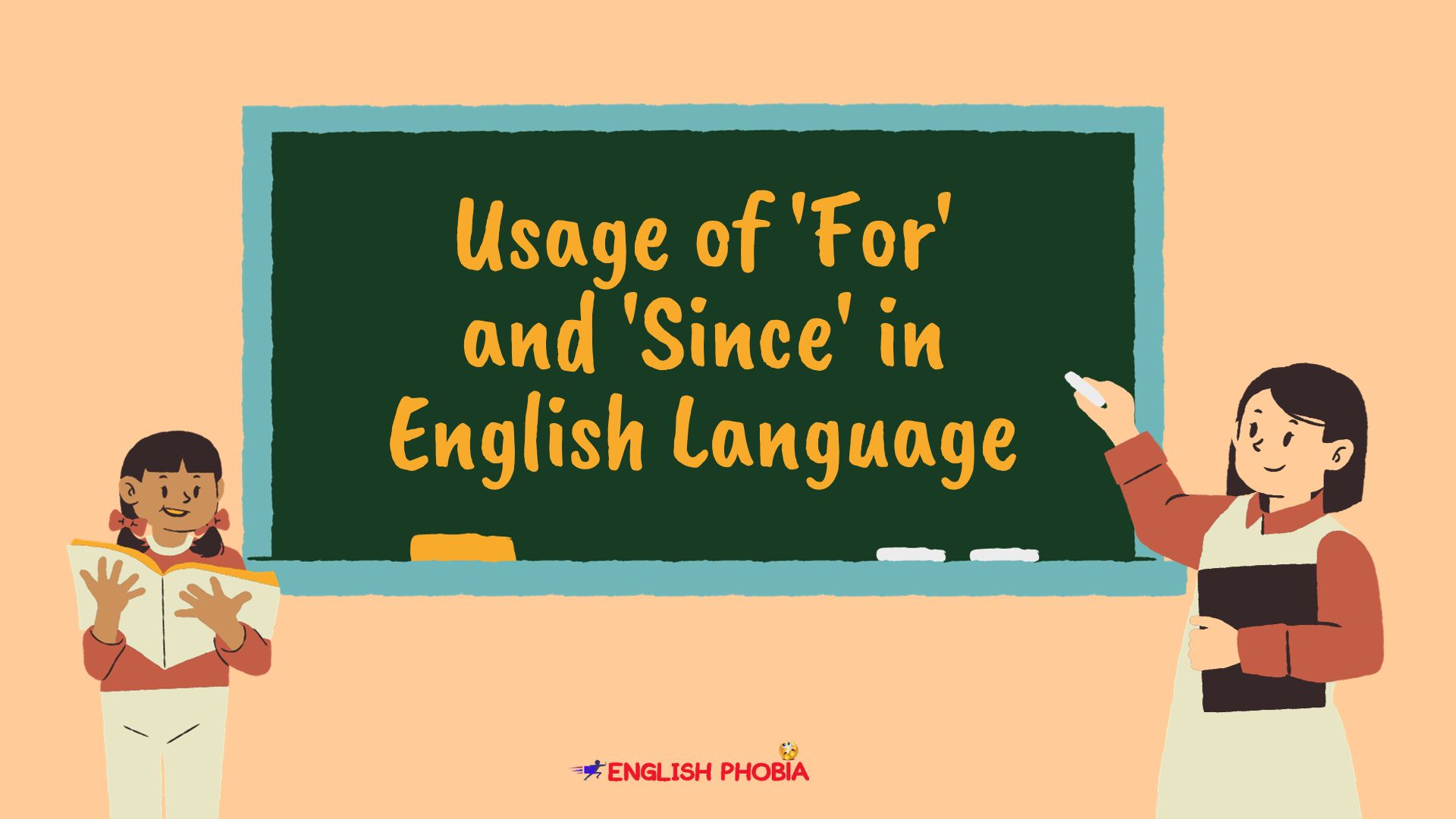Do you know how to identify each word in a sentence? It may be quite difficult for you because you can’t specify each word as per the part of speech. It is very important if you wish to take your English beyond C2 level. In this article, you are going to learn one of the most important parts of speech concepts, Nouns with definitions, examples, and rules.
What are noun definitions and examples?
A noun is a part of speech that refers to the name of a person, place, thing, idea, or concept.
What is a simple definition of the noun?
A noun is referred to something that you can see, touch, feel, and hear.
Here are some underlined noun examples sentences given below.
1) Romeo likes to watch movies.
2) She speaks English and German.
3) They will move to California.
4) Students go to school.
5) She likes Ice-cream, chocolates, and water balls.
Types of noun
Although there are multiple types of noun, we can categorize them into three categories in order to learn easily. Nouns in Traditional English, nouns in modern English, and additional types of nouns with examples.
Traditional English; according to traditional English grammar, there are 5 types of nouns.
1. Proper nouns; are nouns that refer to specific people, places, things, or ideas and are capitalized. For example, “John”, “London”, “Eiffel Tower”, “Starbucks”, and “The Beatles”.
1) India is a democratic country.
2) The USA (United States of America) is a developed country.
2. Common nouns; are nouns that are general and non-specific in terms of place, person, or idea. For example, “pen”, “boy”, “teacher”, and “friend”.
1) Every boy does his best in life.
2) A mother sacrifices her life for her children.
3. Collective nouns: these are nouns that refer to a group of people or things as a single unit. For example, “family”, “team”, “herd”,
“swarm”, and “jury”.
1) The army of ants works from day to night unstoppably.
2) The fleet of ships brings us spices, vegetables, and other materials.
4. Abstract nouns; are nouns that refer to concepts, ideas, or emotions that cannot be touched or seen. For example, “love”, “happiness”, “justice”, “freedom”, and “beauty”.
1) Her affection for me is indescribable.
2) Real happiness lies in gratitude.
5. Material nouns; these nouns refer to substances or materials from which things are made. These nouns are often uncountable and do not have a plural form. For example, “wood”, “steel”, and “plastic”.
1) We prepare different items of furniture with wood.
2) The engineers use steel to make railing and bridges.
You can also learn noun rules for competitive exams.
Modern English; there are two types of nouns as per modern English; countable and uncountable nouns.
Countable nouns; refer to the nouns that we can count like, pens, children, classrooms, etc.
These are nouns that can be counted and have singular and plural nouns. For example, “book” (singular), “books” (plural), “apple”
(singular), and “apples” (plural).
Proper nouns, common nouns, and collective nouns come under countable nouns in Modern English.
Uncountable nouns; refer to the nouns that we cannot count like milk, knowledge, emotions, etc. For example, “water”, “music”, “money”, “furniture”, and “knowledge”.
Collective nouns and abstract nouns fall under this category.
Additional types of nouns; we also have some additional types of nouns in English that do not fall into any category.
1) Concrete Nouns: These are nouns that refer to physical objects that can be touched, seen, or heard. For example, “car”, “chair”, “music”, “rain”, and “house”.
He drives a car.
The laborers construct a house every time.
2) Compound Nouns: these are nouns that are made up of two or more words. For example, “toothbrush”, “sunglasses”, “football”, and “bedroom”.
I will buy pencil colors for my sister.
There is a swimming pool in this school.
What is Noun Case?
In English, noun case refers to the grammatical category that indicates the relationship of a noun to other words in a sentence. There are three primary noun cases in English.
Nominative case:
Genitive case: It is the possessive case of noun. This is the case used to show possession or relationship. For example, in the sentence “This is John’s book,” “John’s” is in the genitive case because it shows the relationship of possession between John and the book.
1) I use Kundan’s idea to
complete a lengthy task in a shortcut.
2) Neha’s choice is
wonderful in terms of keywords.
Objective case; there are two types of objective cases in English.
Dative case: it is used to indicate the indirect object of a verb or the recipient of an action. An
indirect object is a living object in a sentence. You can ask a question with “whom” to get it. For example,
1) My mother loves me.
Whom does my mother love? (Here “me” is an indirect or dative object)
2) I had wanted to meet APJ Abdul Kamal once.
Whom had I wanted to meet? (APJ Abdul Kamal is an indirect object)
Accusative case: it is used to indicate the direct object (non-living things) of a verb, or the object of a preposition. You can ask questions with “what” to get it. For example,
1) She bought a book.
What did she buy? (Here the book is a direct object or accusative case)
2) I am learning German these days.
What am I learning these days? (German is a direct object or accusative case)
We can have both dative and accusative objects in a single sentence. For example,
1. I want to teach them English. (Whom – them and what — English)
2. They gave him a bouquet of flowers. (Whom – him and what a bouquet of flowers)
FAQs
What are noun definitions and types?
A noun is a part of speech that refers to the name of a person, place, thing, idea, or concept.
There are 5 general types of nouns; proper noun, common noun, abstract noun, material noun, and collective noun.
What is the noun case?
In English, noun case refers to the grammatical category that indicates the relationship of a noun to other words in a sentence. There are three primary noun cases in English.
1. Nominative case
2. Genitive case
3. Objective case; dative and accusative case.
What are 8 types of nouns in English?
1. Proper noun
2. Common noun
3. Abstract noun
4. Material noun
5. Collective noun.
6. Compound noun
7. Concrete noun
8. Countable and uncountable nouns.
I hope you have read the noun examples sentences, it is time for the quiz now!
1. Which option is not a type of noun?
2. Which type of noun refers to a specific person, place or thing?
3. Which type of noun refers to a group of people, animals or things?
4.Which type of noun refers to an idea, quality or state rather than a physical object?
5. Which case is used to indicate the subject of a sentence?
6. Which case is used to indicate possession?
7. Which case is used to indicate the direct object of a verb?
8. Which case is used to indicate the indirect object of a verb?
9. In the sentence “The cat chased the mouse,” which noun is in the nominative case?
10. In the sentence “I gave the book to her,” which noun is in the dative case?
11. In the sentence “John’s car is blue,” which noun is in the genitive case?
12. Which case is used after prepositions?
13. Which of the following nouns is a proper noun?
14. Which of the following nouns is a common noun?
15. Which one is a concrete noun?
16. Which of the following nouns is an abstract noun?
17. Which type of noun can be counted?
18. Which type of noun cannot be counted??
19. Which type of noun refers to a substance or material? ?
20. Which type of noun refers to a specific brand or trademark?
Comment your score if you score 20 out 20. Thanks for reading!











